Kenya has secured the hosting rights for the 2026 World Health Summit (WHS) Regional Meeting, scheduled for April 27–29, 2026, at the Kenyatta International Convention Centre (KICC) in Nairobi. The event is expected to bring together more than 2,000 leaders in global health, research, policy, and innovation, positioning the country as a major player in shaping Africa’s health future.
Elevating Africa’s Voice in Global Health
The summit will be held under the theme “Reimagining Africa’s Health Systems: Innovation, Integration, and Interdependence.” This focus reflects the growing recognition that Africa must craft health systems that address its unique challenges while tapping into technology, research, and international collaboration.
The program will include sessions on pandemic preparedness, climate change and health, digital health and artificial intelligence, universal health coverage (UHC), maternal and child health, health financing, workforce development, nutrition, and youth and gender leadership.
Speaking about the upcoming summit, Professor Lukoye Atwoli, Dean of the Medical College East Africa at Aga Khan University and WHS Regional President, noted that the meeting will “shine a spotlight on the continent’s dual burden of chronic and infectious diseases” while exploring strategies for more resilient health systems.
Aga Khan University’s Leadership Role
The Aga Khan University (AKU) East Africa will serve as the summit’s academic host, highlighting its role as a hub of healthcare education and research. As a member of the WHS Academic Alliance, AKU is well positioned to integrate African perspectives into the global dialogue.
The university has been instrumental in advancing healthcare delivery, policy, and education in Kenya and the broader region. By hosting this summit, AKU reinforces its mission to not only educate future medical professionals but also influence global health policy for developing nations.
Economic and Academic Impact for Kenya
Beyond health diplomacy, hosting the WHS Regional Meeting is a significant economic win for Kenya’s MICE (Meetings, Incentives, Conferences, and Exhibitions) sector. Similar high-level gatherings generate millions in revenue through hospitality, conferencing, transport, and local supply chains. Nairobi’s status as a regional business hub and its well-developed conference infrastructure make it an ideal location.
For Kenya’s academic and research community, the summit provides an unmatched opportunity to network with global institutions, showcase innovations, and form collaborations that can strengthen local healthcare systems. Kenyan universities, research centers, and startups in health technology stand to benefit from exposure and partnerships.
Regional and Global Significance
Kenya will be the 13th country to host a WHS Regional Meeting, joining others such as Brazil, Singapore, Uganda, and the United States. These regional forums feed into the annual World Health Summit in Berlin, which has been held since 2009 and is regarded as one of the most influential platforms in shaping global health policy.
For Africa, the Nairobi summit comes at a crucial time. The continent continues to face challenges such as inadequate healthcare financing, emerging pandemics, and climate-driven health risks. Yet Africa is also at the forefront of digital health innovation, mobile technology in healthcare delivery, and community-based approaches to universal health coverage.
The Nairobi meeting is expected to spotlight such innovations and push for solutions tailored to African realities, while also feeding into global strategies for equitable healthcare.
Why This Matters for Kenya
Kenya’s role as host underscores its growing importance in global health leadership. The benefits extend beyond prestige:
- Policy Influence: Kenya gains a stronger voice in shaping global health priorities.
- Innovation Showcase: Local startups, researchers, and institutions will have a platform to present African-led solutions.
- Economic Benefits: Increased tourism, conference revenues, and international exposure for Nairobi’s MICE sector.
- Capacity Building: Knowledge sharing that strengthens Kenya’s own healthcare workforce and infrastructure.
Looking Ahead
As preparations begin, Kenya has an opportunity to not only host an event but to set the agenda for how Africa’s health systems evolve in the coming decades. If effectively leveraged, the summit could leave a lasting legacy by catalyzing policies, partnerships, and innovations that make healthcare more accessible and sustainable across the continent.
The 2026 WHS Regional Meeting in Nairobi is more than a conference. It is a platform where Africa’s health future will be reimagined, and Kenya will be at the center of this historic dialogue.
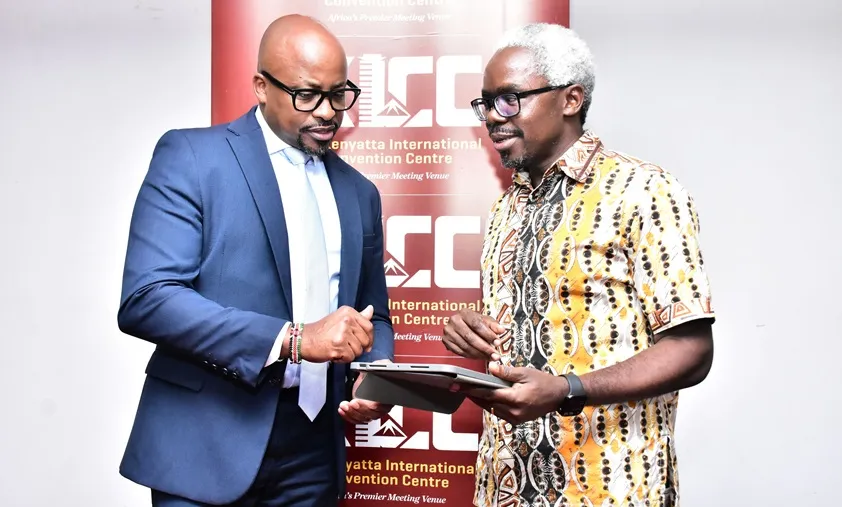
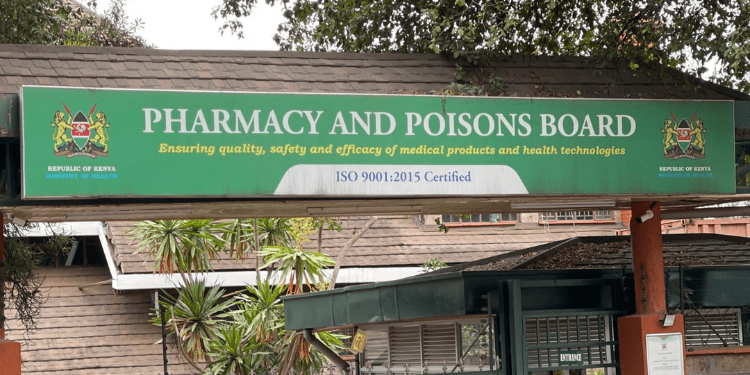
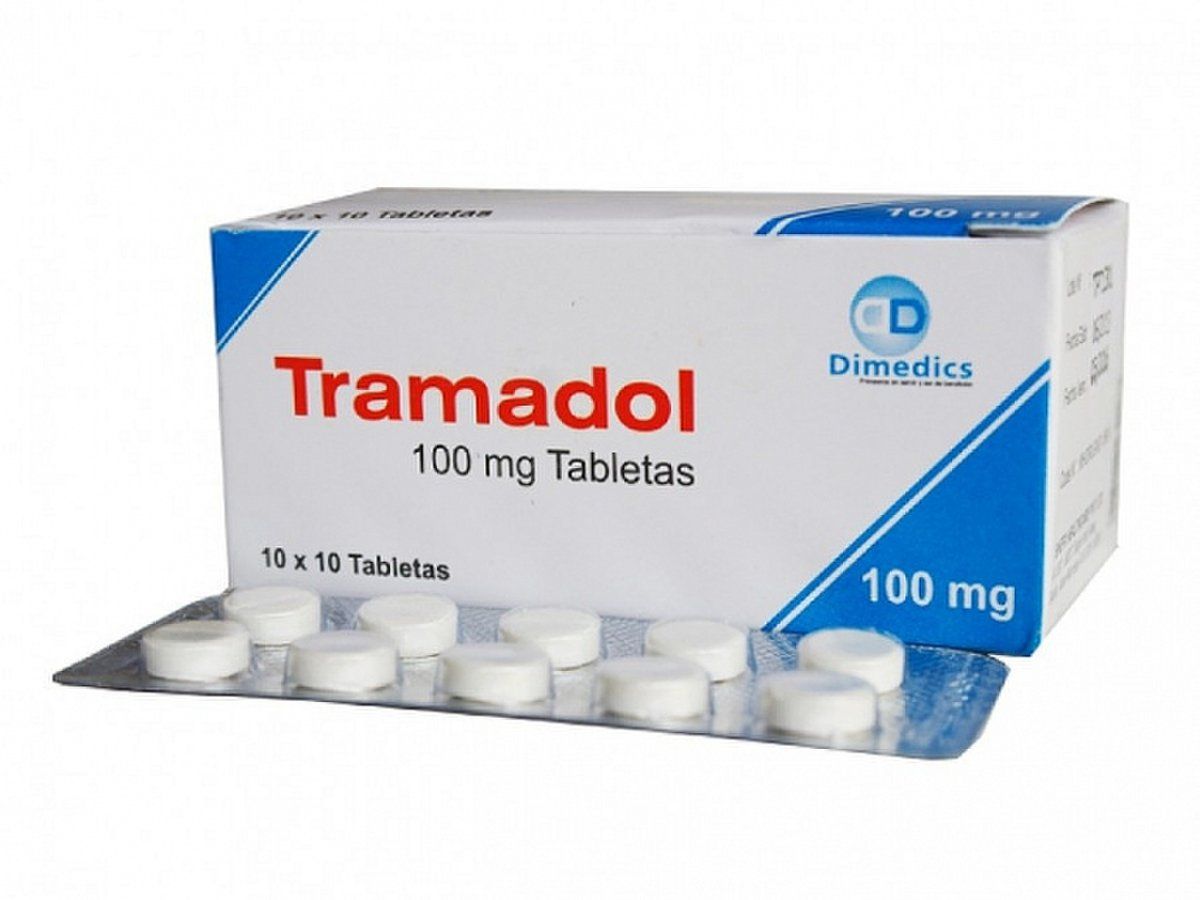
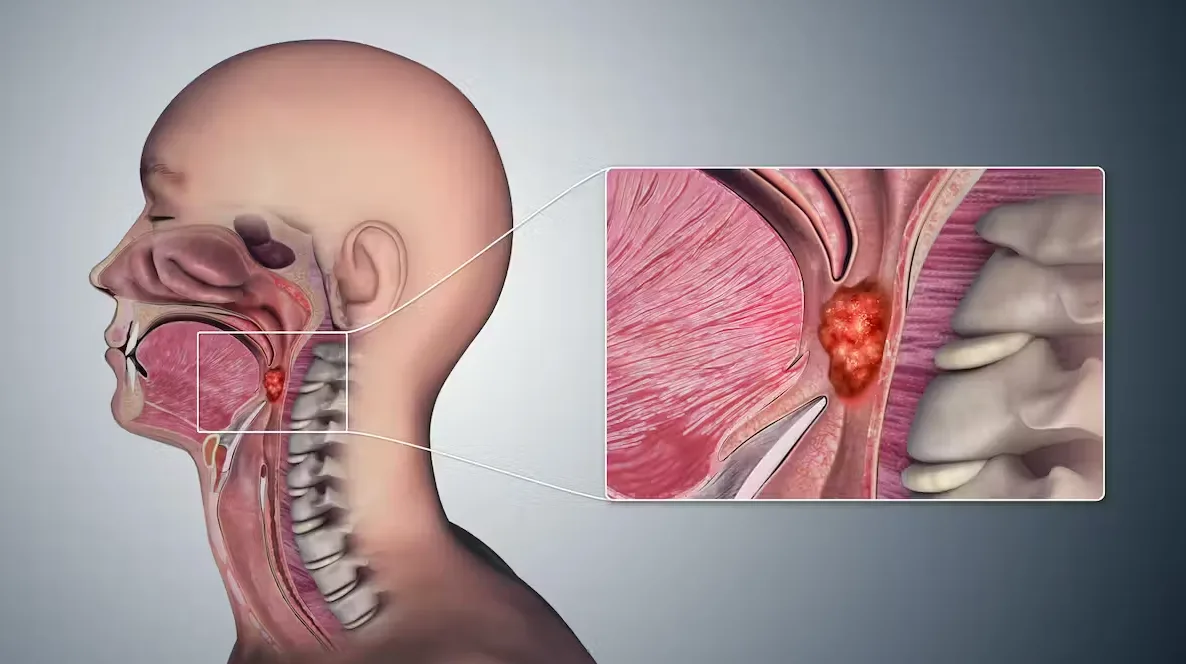

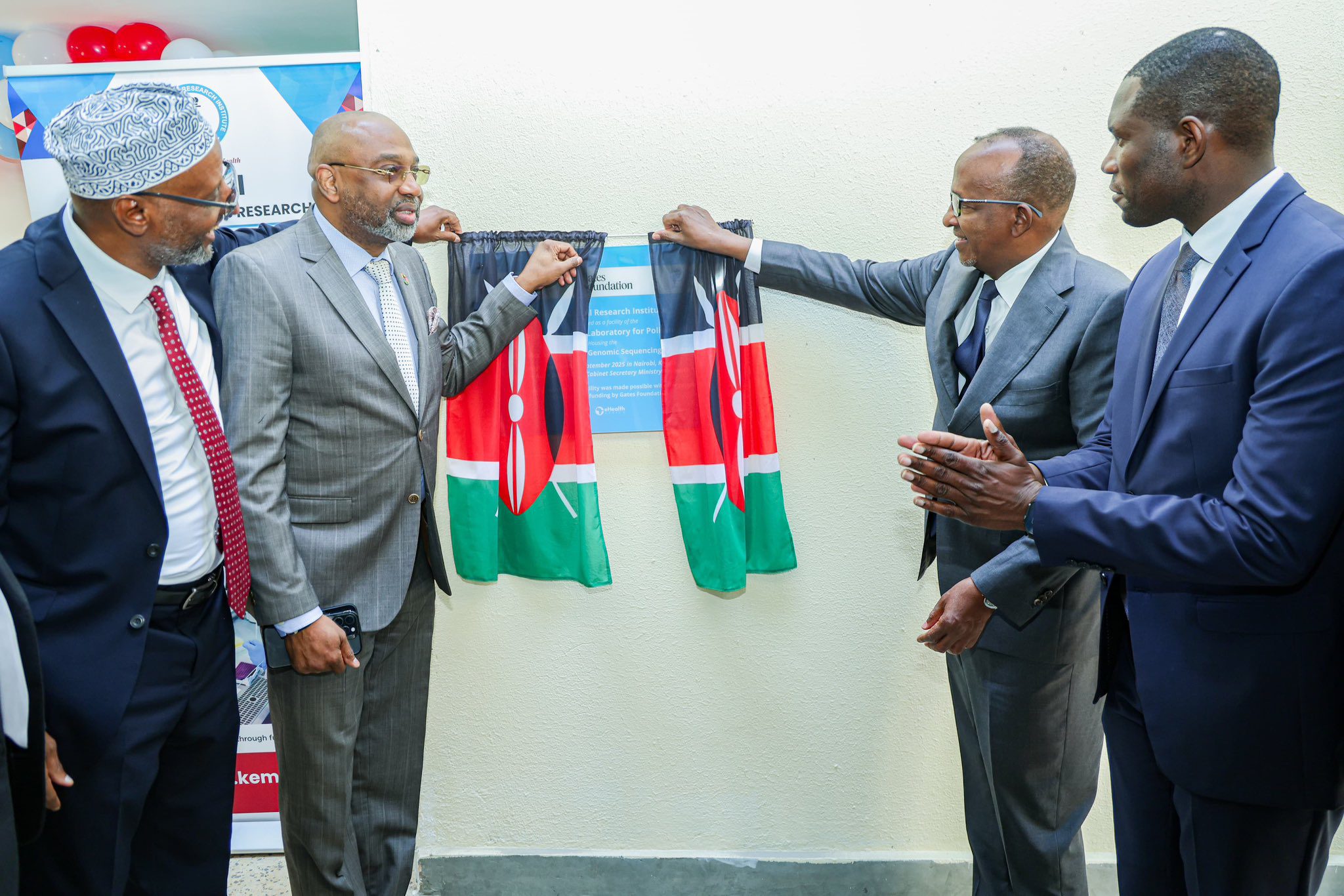

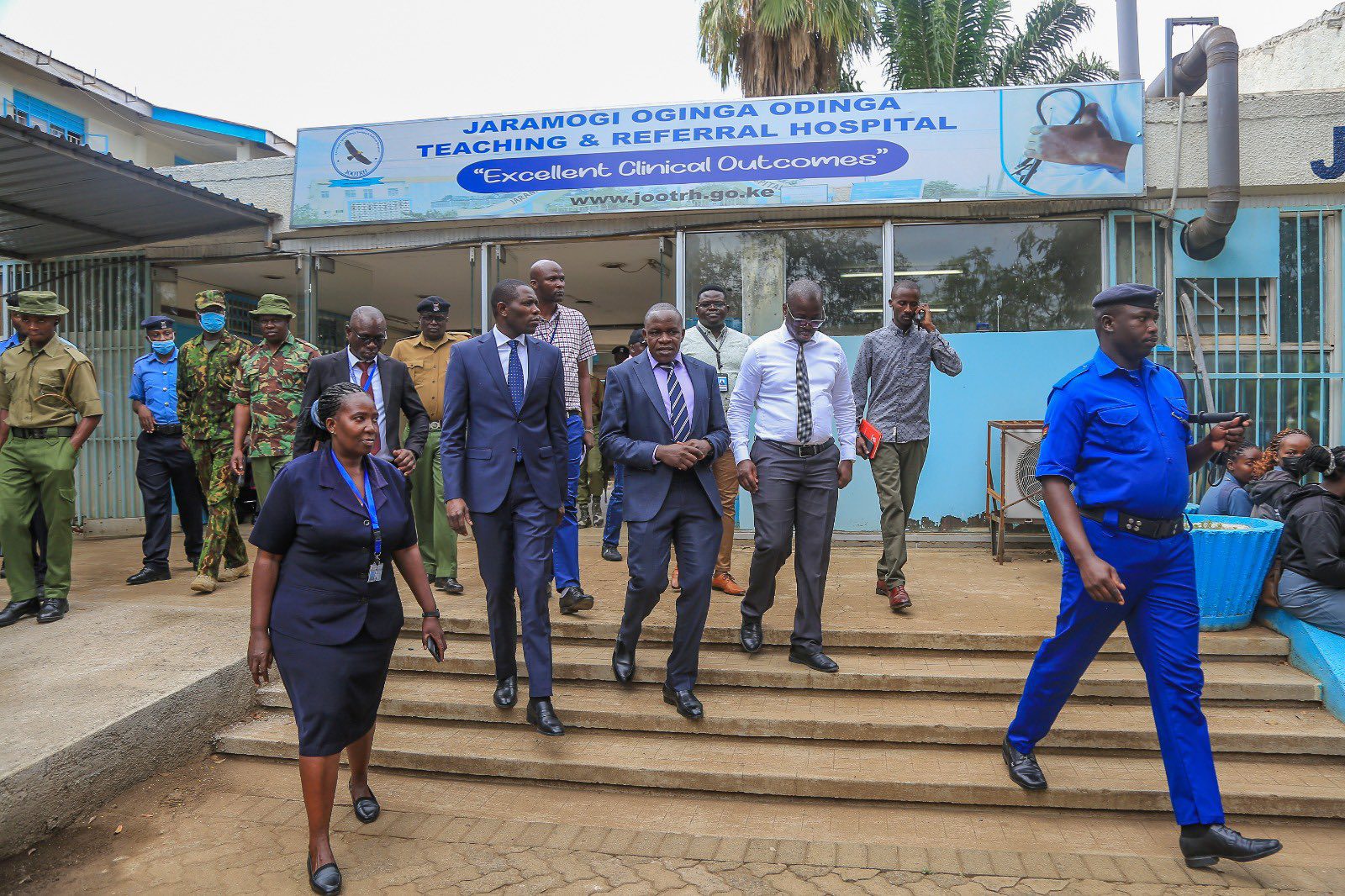
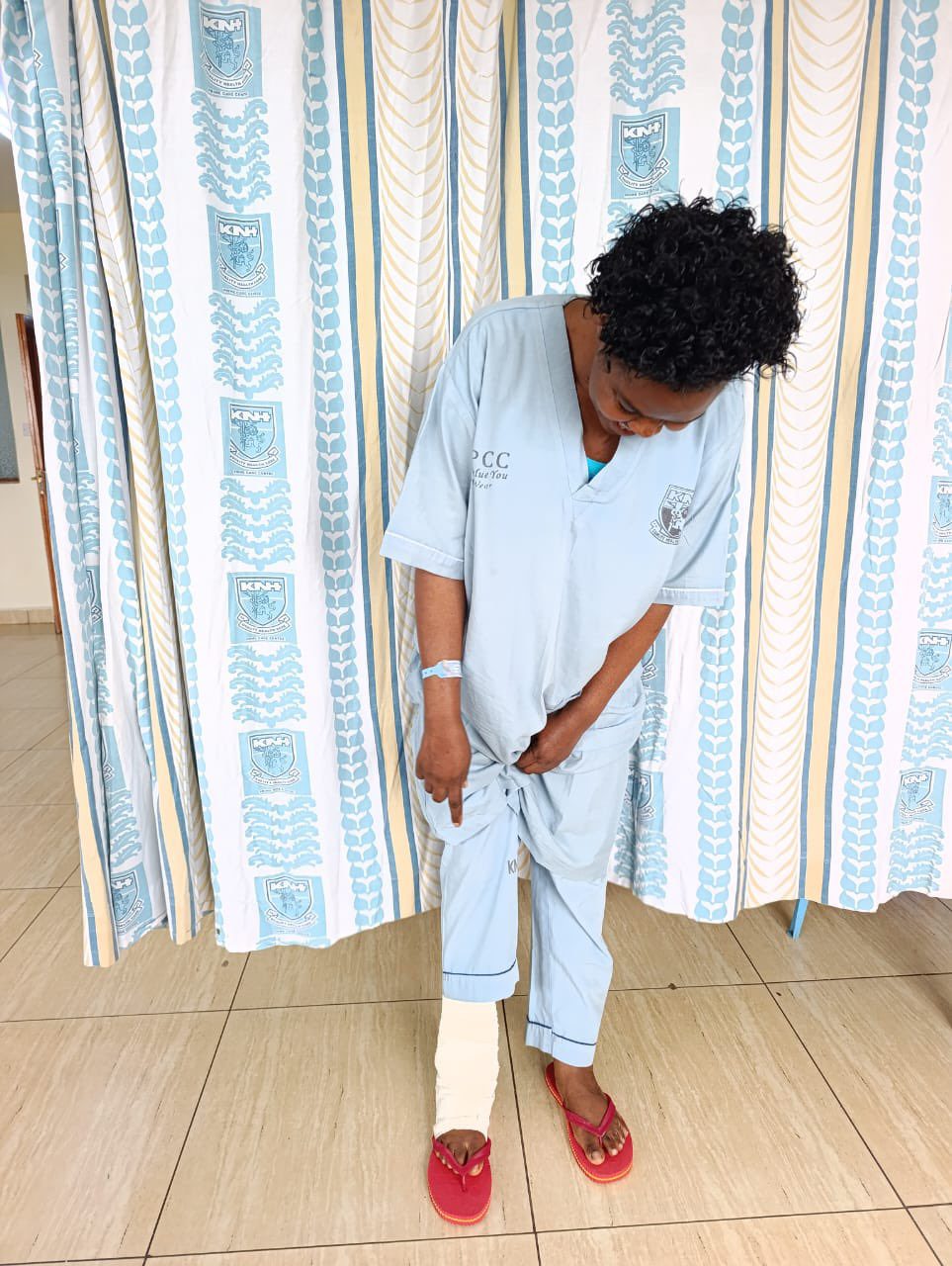
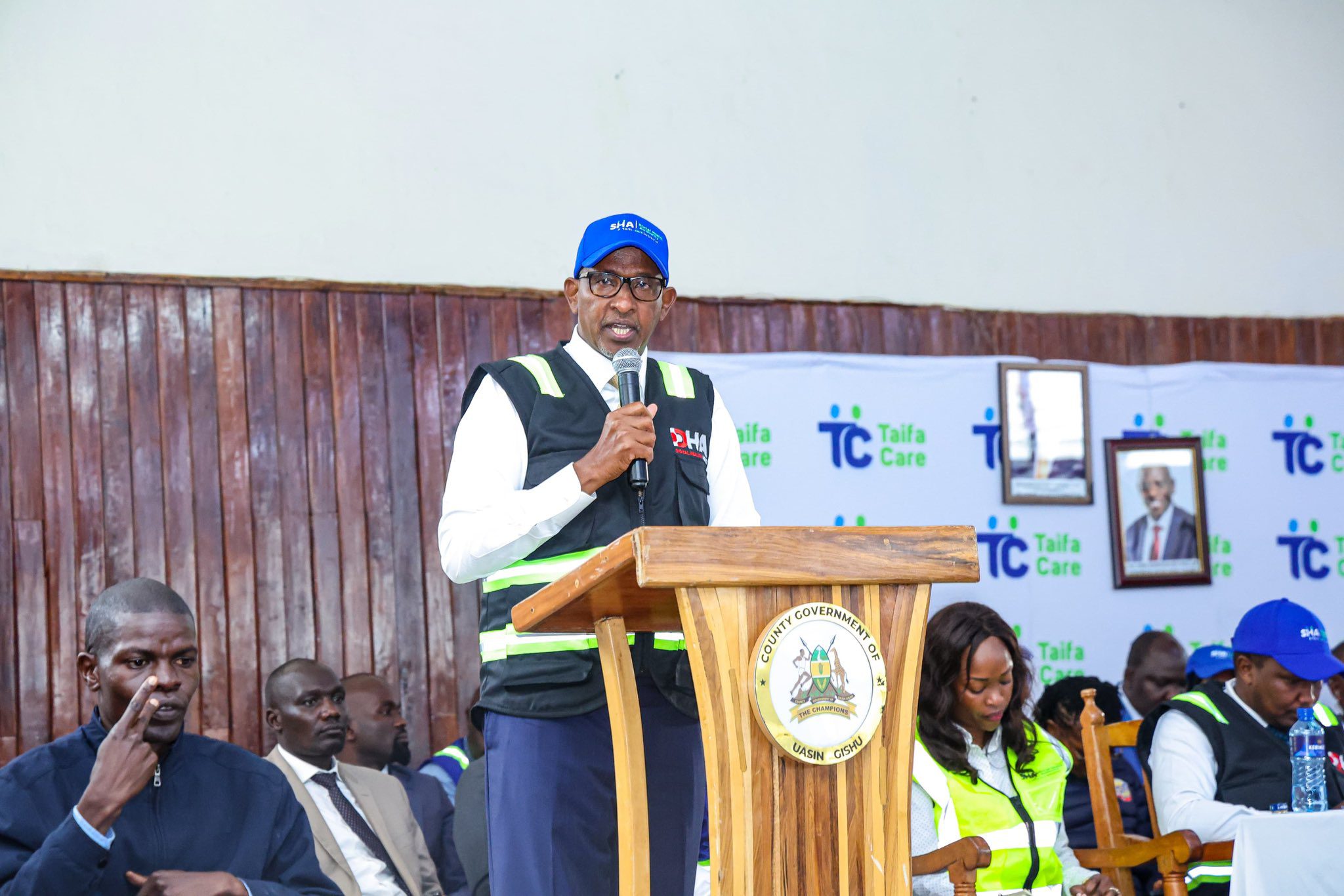



Leave a Reply